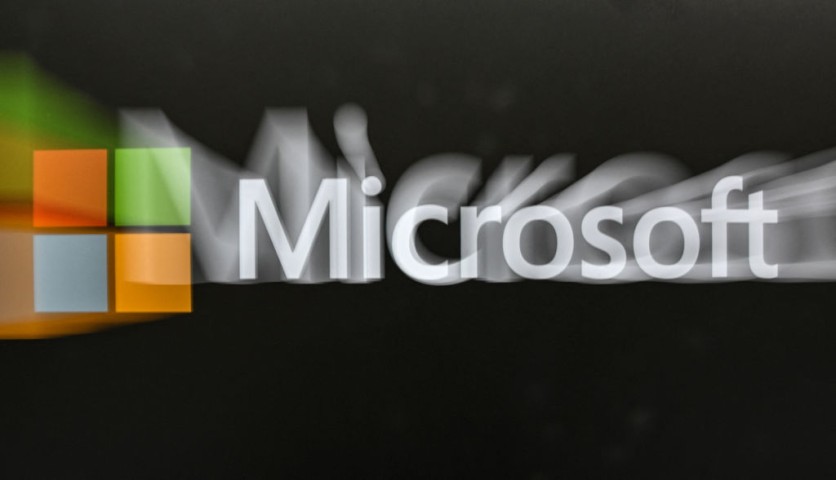A United States legislator has voiced his concern about the possible national security implications of the recent high-profile deal between tech giant Microsoft and a United Arab Emirates-based artificial intelligence firm, G42.
Given that the Chinese Communist Party has interests in the UAE, Michael McCaul, the Republican chairman of the US House of Representatives' foreign affairs committee, expressed concern that, despite the agreement's significant national security implications, Congress has not yet received a thorough briefing about it from the executive branch.
The new deal can potentially relocate vital US tech infrastructure to the UAE.

The concerns come after Brad Smith of Microsoft stated that the sales agreement with G42-many of which are being revealed here for the first time move forward to a second stage that involves the export of essential AI technology parts, like model weights, which are the jewel in the crown of AI systems and determine their level of power.
According to Smith, there is no set schedule for the second stage.
According to US officials, AI systems may provide threats to national security by, for instance, making it simpler to develop biological, chemical, and nuclear weapons.
Read Also : China's Invasion Could Result in Sudden Shutoff of Chip Machines in Taiwan, Tech Minister Says
Legality of US AI Exports
The Commerce Department already requires export licenses and notices in some areas to ship AI chips outside the United States. However, as regulators scramble to keep up with rapidly evolving technology, the Microsoft-G42 merger exposes legal loopholes in the United States.
Although McCaul and a bipartisan group of congressmen this week pushed legislation that would give US officials greater explicit power to export AI models, there is currently no regulation barring the practice.
Microsoft officials stated that while the company supports discussions about a new legal framework that would regulate the transfer of AI technology, the agreement with G42 obliges the UAE company to abide by U.S. regulations as they change.
Projected US AI Restrictions
Concerns from US lawmakers arose just a few weeks after reports surfaced that the Biden Administration intended to limit access to US artificial intelligence models and software from nations like China and Russia.
Three persons with knowledge of the matter have stated that the Commerce Department is considering launching a new regulatory campaign to restrict the shipment abroad of closed-source or proprietary AI models, whose development data and software are kept confidential.
The Chinese Embassy said China strongly disagreed with the decision and would take the required steps to protect its interests. It condemned the move as the epitome of unilateral intimidation and economic coercion.
Right now, nothing is stopping US AI giants like Microsoft-backed OpenAI, Anthropic, and Google DeepMind from developing some of the most powerful closed-source AI models and offering them for sale to almost anybody globally without government interference.

(Photo: Tech Times)
ⓒ 2025 TECHTIMES.com All rights reserved. Do not reproduce without permission.




